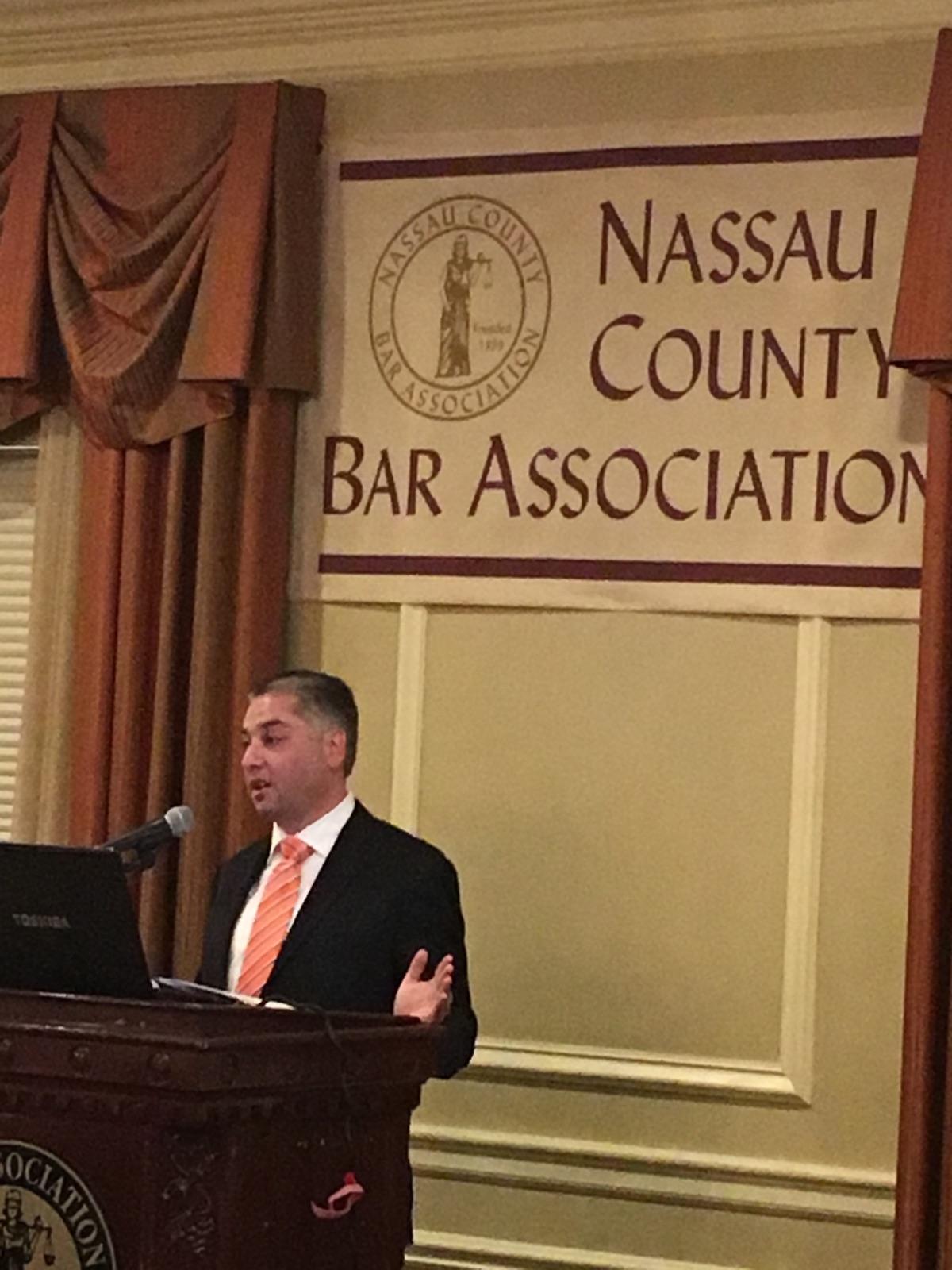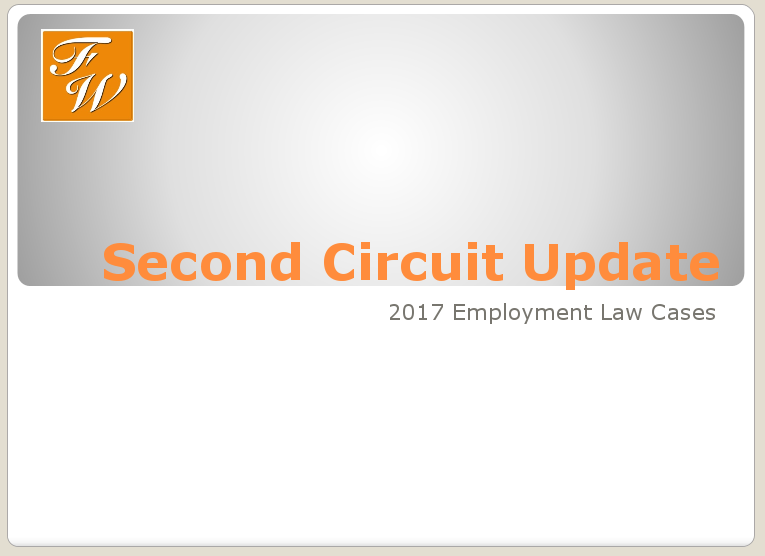Many employers include an arbitration clause in their employment contracts. An employee who signs this contract, gives up his or her right to sue in court over any job-related issues that may arise such as claims for wrongful termination, minimum wage payment violations, and overtime pay violations. Today’s employment law blog discusses recent developments about…
Continue reading ›Your Side















